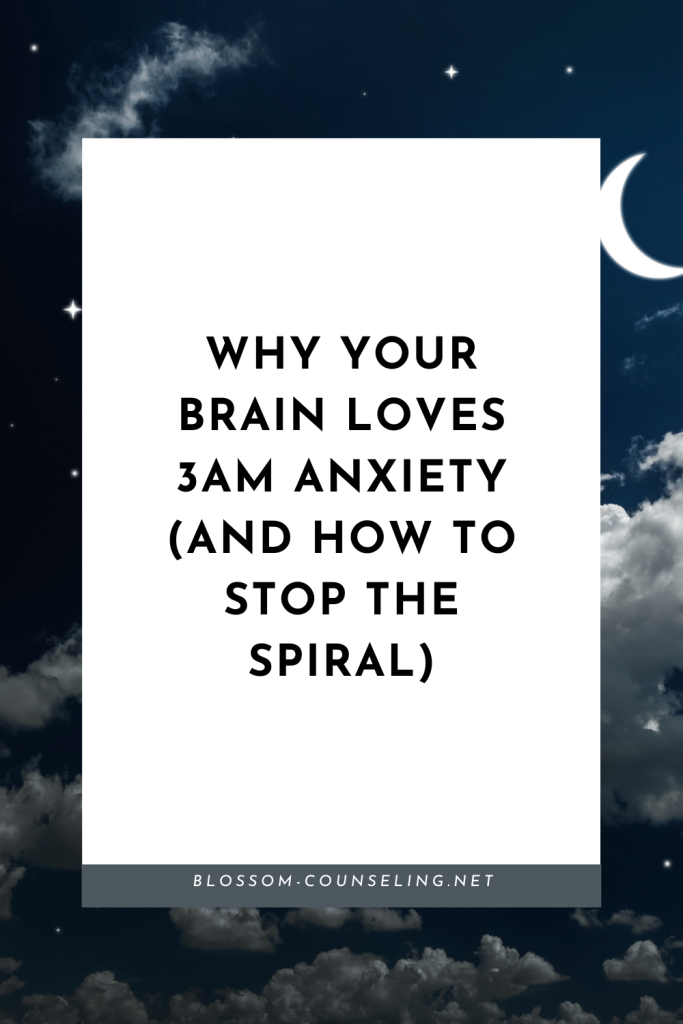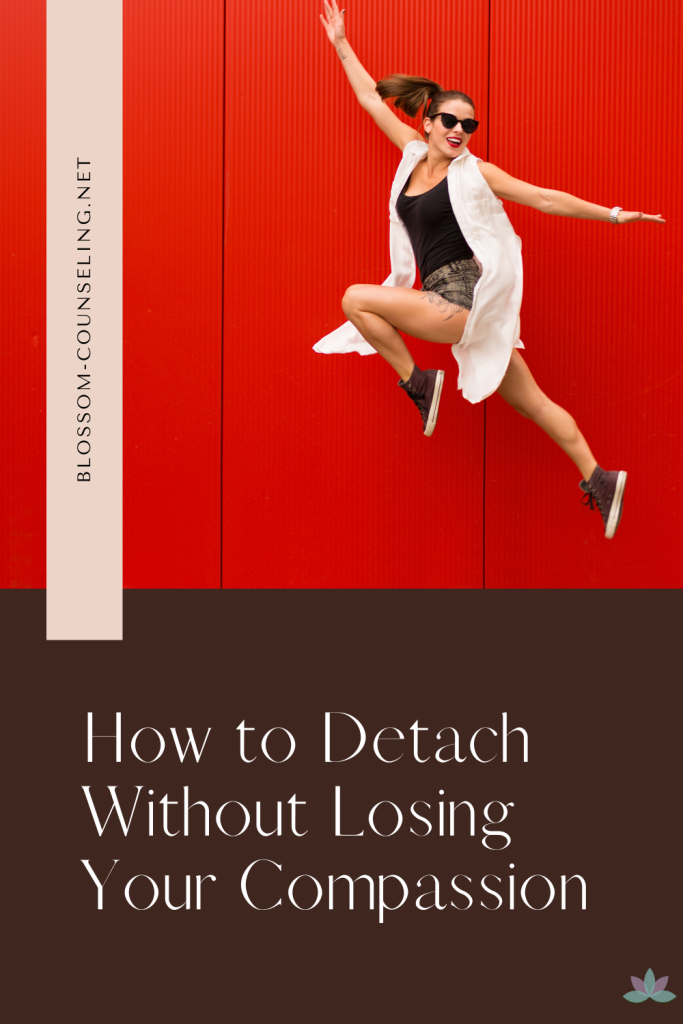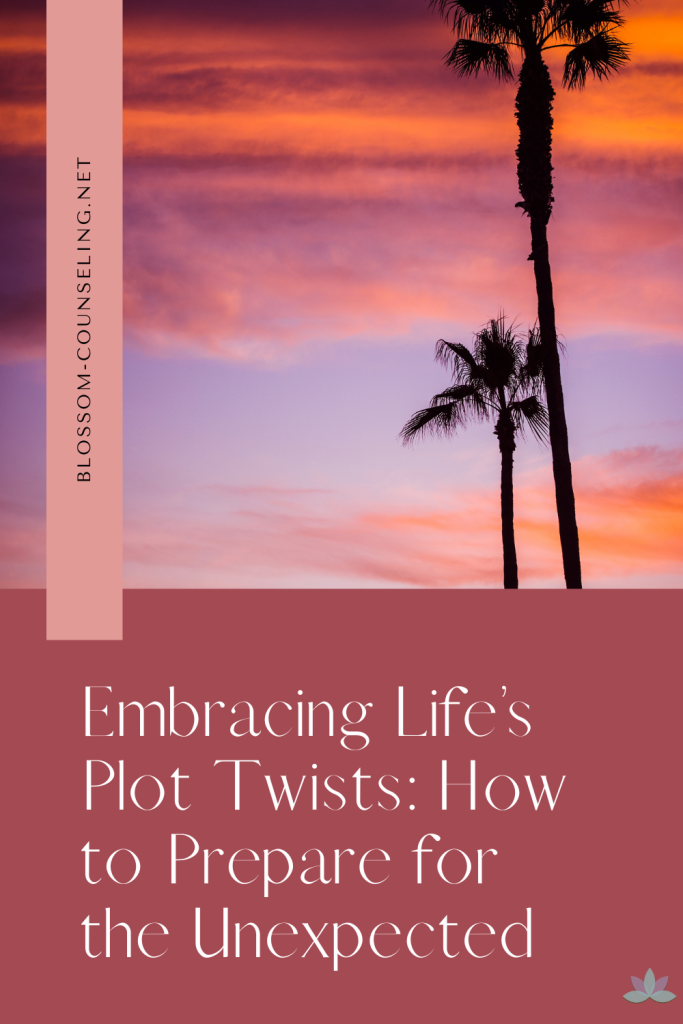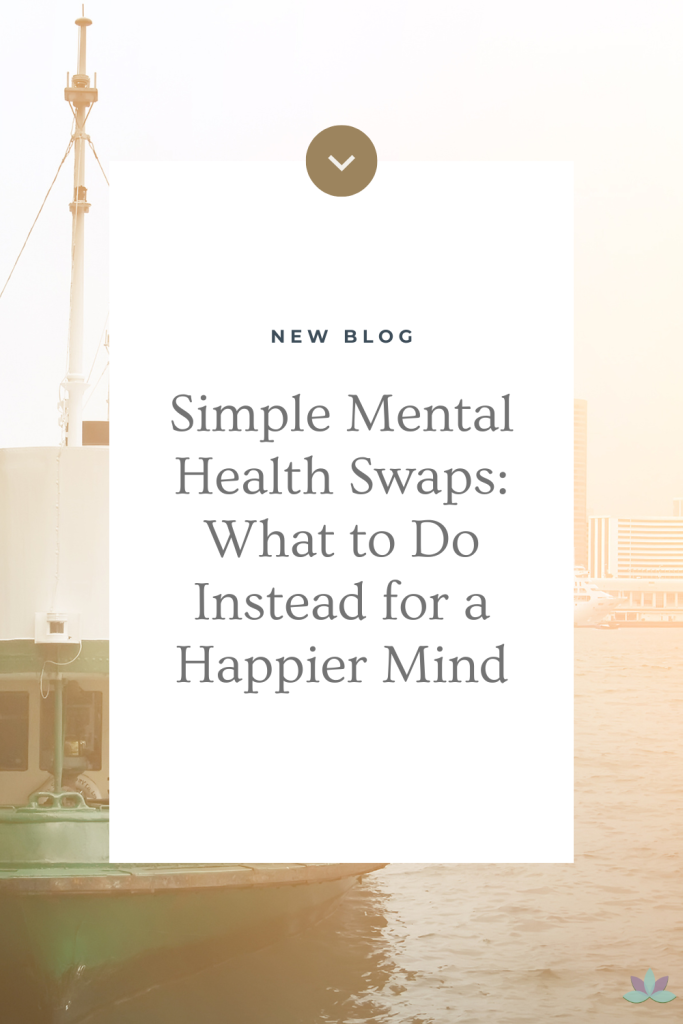
It’s 3AM. The world is quiet, your bed is warm, and logically, you know you need to sleep. But your brain has other plans. Suddenly, it’s a highlight reel of every awkward moment from the past decade, every unfinished task, every “what if” scenario that has never crossed your mind—until now.
If this sounds familiar, you’re not alone. There’s a reason why anxiety seems to hit differently in the middle of the night, and understanding why can help you break the cycle.
Why Does Anxiety Spike at 3AM?
At its core, nighttime anxiety is a mix of biology, psychology, and just a sprinkle of bad luck. Here’s what’s happening behind the scenes:
1. Your Brain is Running on Empty
During the day, you have distractions—work, socializing, doom-scrolling on your phone. But at night, those distractions fade, and your brain finally has the time (and space) to process unfinished thoughts and unresolved stress. The problem? It’s doing this at a time when your cognitive resources are low. You don’t have the energy or mental clarity to problem-solve effectively, so everything feels bigger and scarier than it really is.
2. Your Body is in a Different Mode
Physiologically, your body’s stress response is more active at night. Cortisol, the hormone that helps regulate stress, follows a natural rhythm and is at its lowest in the middle of the night. If anxiety wakes you up, your body isn’t equipped to regulate it the way it would during the day. This can lead to that panicked, heart-racing feeling even when there’s no immediate danger.
3. The Brain is Prone to Catastrophizing
Without daylight and logical thinking to keep you grounded, your mind tends to veer into worst-case scenarios. You’re not just remembering that email you forgot to send—you’re suddenly convinced you’ve ruined your entire career. You’re not just thinking about a tough conversation—you’re spiraling into the idea that all your relationships are doomed. The brain loves to connect dots, and at 3AM, it often does so in the least helpful way possible.
How to Break the Cycle
The good news? You can stop the 3AM anxiety spiral before it takes over your night. Here’s how:
1. Reframe the Moment
Instead of immediately engaging with anxious thoughts, remind yourself: This is just nighttime anxiety. My brain is exaggerating things because it’s 3AM, and I’m exhausted. This simple acknowledgment can help create emotional distance between you and your thoughts.
2. Engage Your Rational Brain
Anxiety thrives in vague, uncertain thoughts. If you catch yourself spiraling, try mentally “fact-checking” your worries. Ask yourself: Is this actually a problem I need to solve right now? If not, remind yourself that you can think about it more clearly in the morning.
3. Use a Mental Anchor
Pick a simple, neutral thought to focus on—counting backward from 100, recalling a happy memory in detail, or visualizing a relaxing place. The goal isn’t to force yourself to sleep but to gently redirect your attention away from anxious thoughts.
4. Get Out of Bed (If Needed)
If you’re stuck in a loop, staying in bed often makes it worse. Instead, get up, keep the lights dim, and do something calming for 10–15 minutes (like reading or deep breathing) before trying to sleep again.
5. Set Yourself Up for Success Before Bed
Managing nighttime anxiety actually starts before you go to sleep. Create a bedtime routine that helps you wind down, limit screen time before bed, and practice relaxation techniques like deep breathing or meditation to signal to your body that it’s time to rest.
Final Thoughts
3AM anxiety can feel overwhelming, but it’s not a sign that something is wrong with you—it’s just the way the brain processes stress when you’re vulnerable. The key is recognizing it for what it is and giving yourself tools to move through it with more ease. So next time your brain wakes you up with a list of existential concerns, remember: It’s just the night playing tricks on you. You’ve got this.
Our team of compassionate therapists is here to help you find the support you need. We believe in a holistic approach, treating your mind, body, and spirit. With a blend of traditional and alternative therapies, we tailor your experience to meet your unique needs. At Blossom, we create a non-judgmental space where you can be your authentic self. Our goal is to empower you, amplify your strengths, and help you create lasting change. Together, we’ll navigate life’s challenges and help you bloom, grow, blossom! You deserve to become the best version of you.




